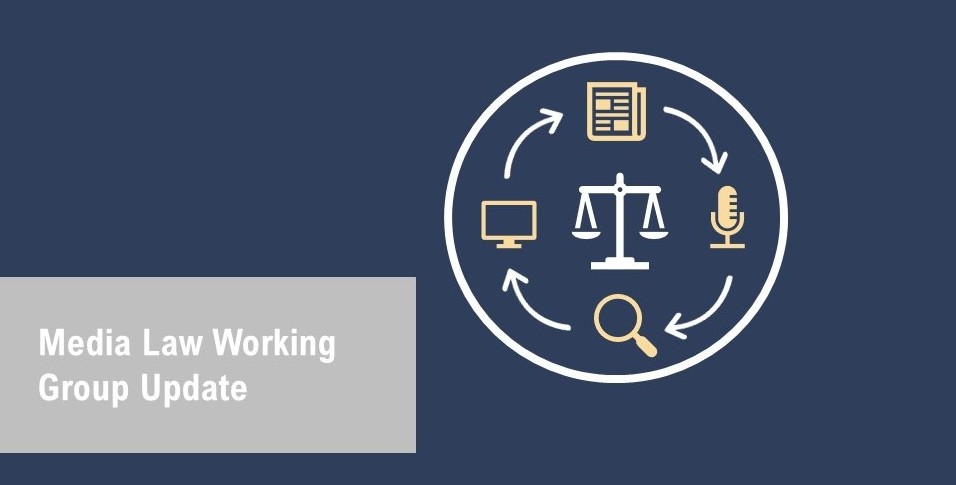
The effectiveness of an expert amicus curiae brief was on display in a Palestinian criminal court on September 16. Six Palestinian bloggers on trial for publishing criticism of the government were acquitted on the strength of the arguments in the ISLP Arabic language amicus curiae brief.
Our Media Law Working Group was asked to submit an amicus brief in prosecutions against bloggers who criticized the government under Palestine’s new Cybercrime Law and related statutes. The Group’s brief cited authorities from the European Court of Human Rights, France and Egypt and was translated into Arabic. The ISLP brief discussed the provisions of Palestinian laws covering insult, hate speech and separatism.
Palestinian defense counsel, Mohamed Kharajah, sent this message, “I read it and it is so so great. I did not expect to receive such a high quality report. It will support my defense in Amro’s case and other cases.” Mr. Kharajah submitted the Group’s brief to the court trying six Palestinian bloggers whose posts had allegedly criticized public officials. He reported on September 16, 2019 that the trial judge cited and relied on the ISLP brief, acquitted all six defendants, and announced that he will keep the brief for future reference.
Among the team of Group lawyers who worked on the ISLP brief were Richard Winfield (ex-Clifford Chance), Steven Wood (McCarter & English), and Katie Barlow, Eva Korba and Weisiyu Jiang (all Clifford Chance).
